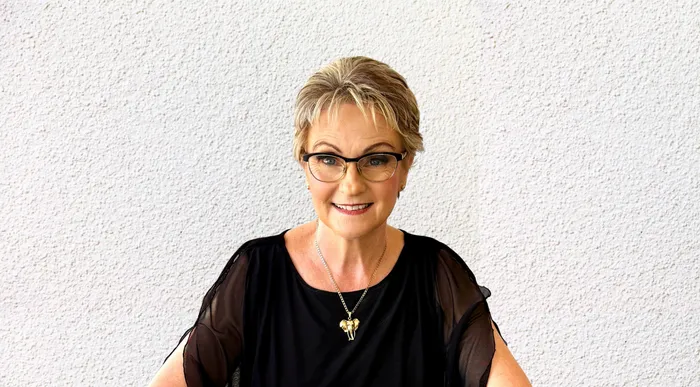The emotional dance of Black Friday spending

Emotions can skew our financial judgement, especially during spending frenzies like Black Friday.
Image: Pexels
As South Africans gear up for the much-anticipated Black Friday, a whirlwind of excitement and temptation sweeps across the nation, promising “massive savings” and “one-day-only” deals. Yet beyond the glitzy promotions lies a complex interplay of emotions that drive our spending decisions, often more powerful than any sale price.
Brigid McCleary, a Financial Planner at Designed Wealth, emphasises that financial success transcends mere numbers; it is fundamentally about our mindset surrounding money. “The way we think and feel about money shapes every financial decision we make, from daily spending habits to long-term investments,” she explains.
Many individuals often misconstrue financial stability as simply a function of a consistent income or budget management. In reality, our financial behaviours frequently stem from deeply ingrained beliefs cultivated during childhood. Common phrases such as “money doesn’t grow on trees” or “we can’t afford that” instill a sense of scarcity, whereas affirmations like “you deserve it” may trigger impulsive splurging. These predispositions subtly influence emotional responses and ultimately dictate our financial habits — some beneficial while others prove detrimental.
“Every rand you spend is a reflection of the life you are living. Every rand you save is a step toward the life you want to live. And every rand you waste takes you further off course,” McCleary notes. Recognising and understanding the motivations behind our financial decisions is the first step toward altering the course of our economic futures.
Black Friday: A lesson in emotional spending
Black Friday presents an ideal case study in how emotions can skew our financial judgement. Retailers are adept at manipulating consumer psychology to incite emotional reactions driven by urgency, scarcity, and the fear of missing out. Phrases like “Only 2 left”, “Sale ends at midnight”, and “Everyone’s buying it” harness the raw survival instincts that once helped our ancestors navigate hardships.

Brigid McCleary, Financial Planner
Image: Supplied
Yet, McCleary cautions, “Most bargains are not really bargains. Prices are sometimes inflated beforehand, and discounts can tempt us into spending money we never intended to spend.” She offers a three-part inquiry consumers should undertake before pulling the trigger on impulse buys:
- Am I buying this because I need it, or because I am reacting emotionally to the idea of a deal?
- Does this purchase align with my goals and values?
- How will I feel about this decision next week: empowered or regretful?
The challenge lies not in Black Friday itself, but rather in the mindset we adopt as we navigate the shopping frenzy. By approaching the day with awareness and sticking to a well-defined budget, shoppers can achieve true savings while avoiding the pitfalls of emotional spending.
From reaction to reflection
Mastering one’s finances starts with cultivating awareness and taking ownership of one’s choices. A budget is more than just a tally of income and expenses; it serves as a reflection of personal values and priorities. Careful scrutiny of bank statements can illuminate what individuals genuinely cherish, yet this insight must spur action to yield any significant change.
“True change does not happen overnight,” McCleary asserts. “It comes from small, consistent steps such as tracking your spending, pausing before reacting, and aligning your financial decisions with your values.” By reclaiming agency over financial choices, consumers can liberate themselves from the cycle of blame and procrastination. Money transforms from a source of stress into a tool for crafting the desired life.
“Financial freedom,” McCleary concludes, “is found in the quiet space between belief and behaviour. It is the moment you choose to act with purpose instead of impulse. This Black Friday, remember that it is not about how much you save on the price tag, but how much peace you keep in your wallet and in your mind.”
Related Topics: